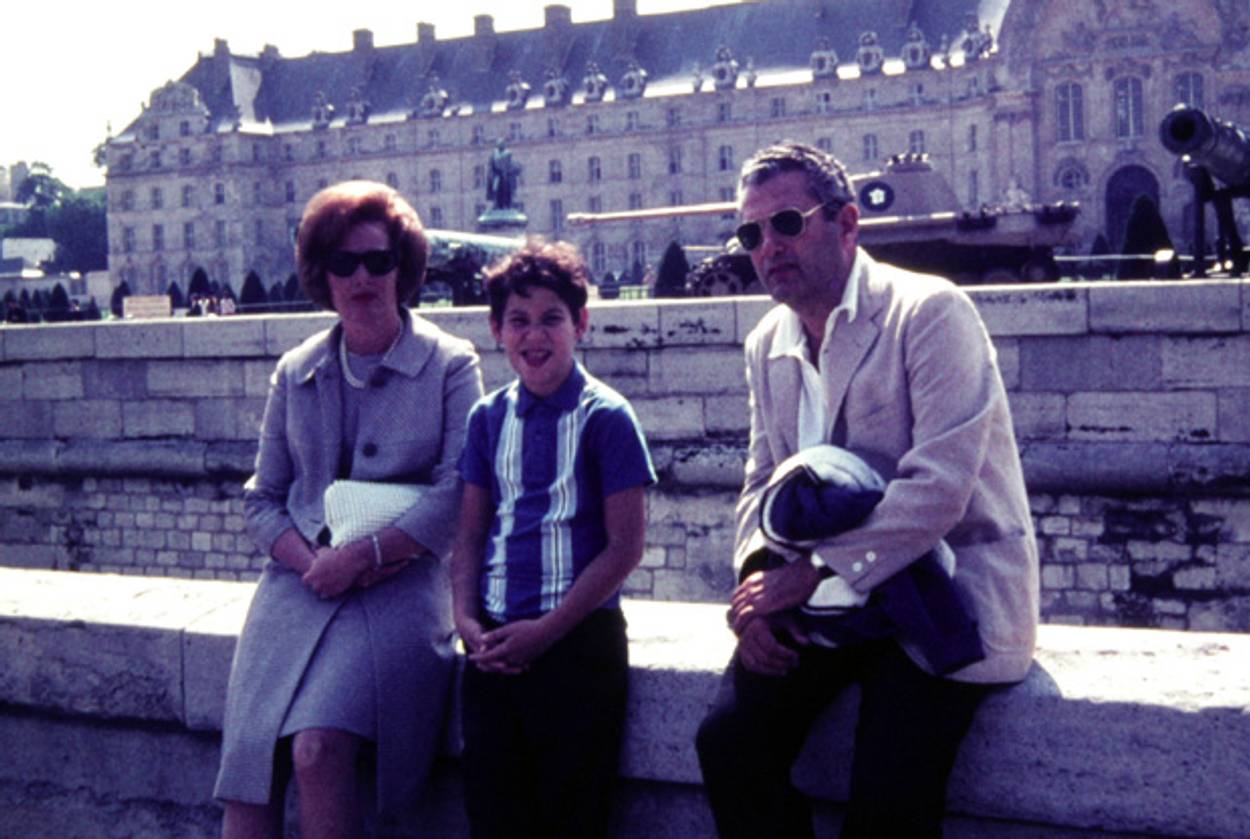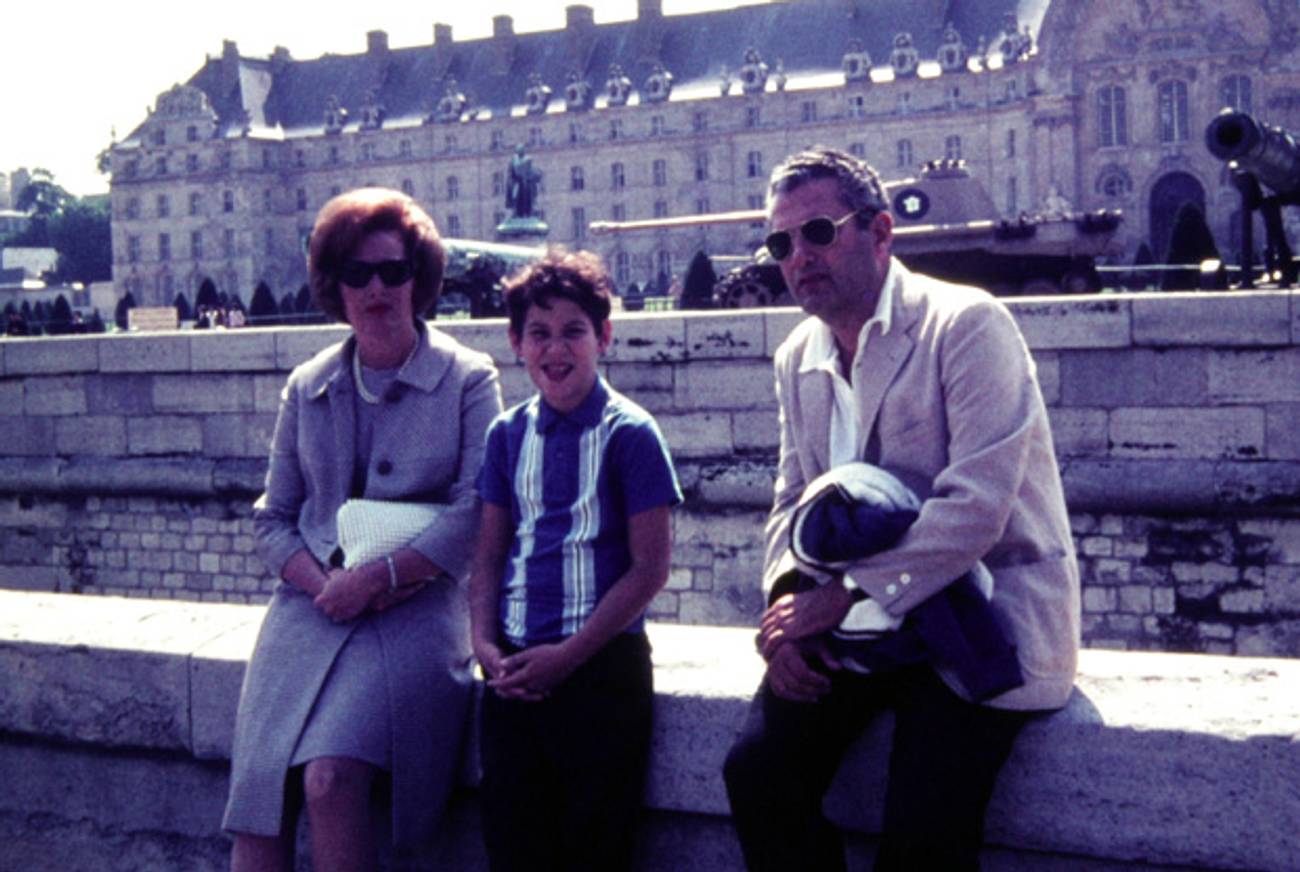Catch-22, Joseph Heller (1961)
Life, war, and other inescapable paradoxes make a modern classic




Whoever coined the term “The Greatest Generation” likely never spent time with the three most indelible novels to come out of WWII—Catch-22, Gravity’s Rainbow, and Slaughterhouse-Five—and their heady tinctures of black comedy, encyclopedic paranoia, and macabre sci-fi testimony (respectively). All three novels dealt, in some way, with the malignant power of aerial bombing. But it was Catch-22 and its author, Joseph Heller, a poor Jewish boy from Queens and a veteran of dozens of missions through Italian skies, who would craft the tightest spiral of absurdist satire, cinching it into a paradox (that emblematic, inescapable problem of the title, now canonized in our American vernacular). Unable to be authentically insane—as if there is such a thing!—Catch-22’s Yossarian showed us the irreducible madness of a patently just war. As for Heller, who played down his combat experiences as “milk runs,” he seized his own peculiar form of greatness—and launched a rich, controversial literary career—by taking every received myth about war and chucking it out the bomb bay door.
Jacob Silverman is a Brooklyn-based freelance writer and book critic. He is also a contributing editor for the Virginia Quarterly Review.